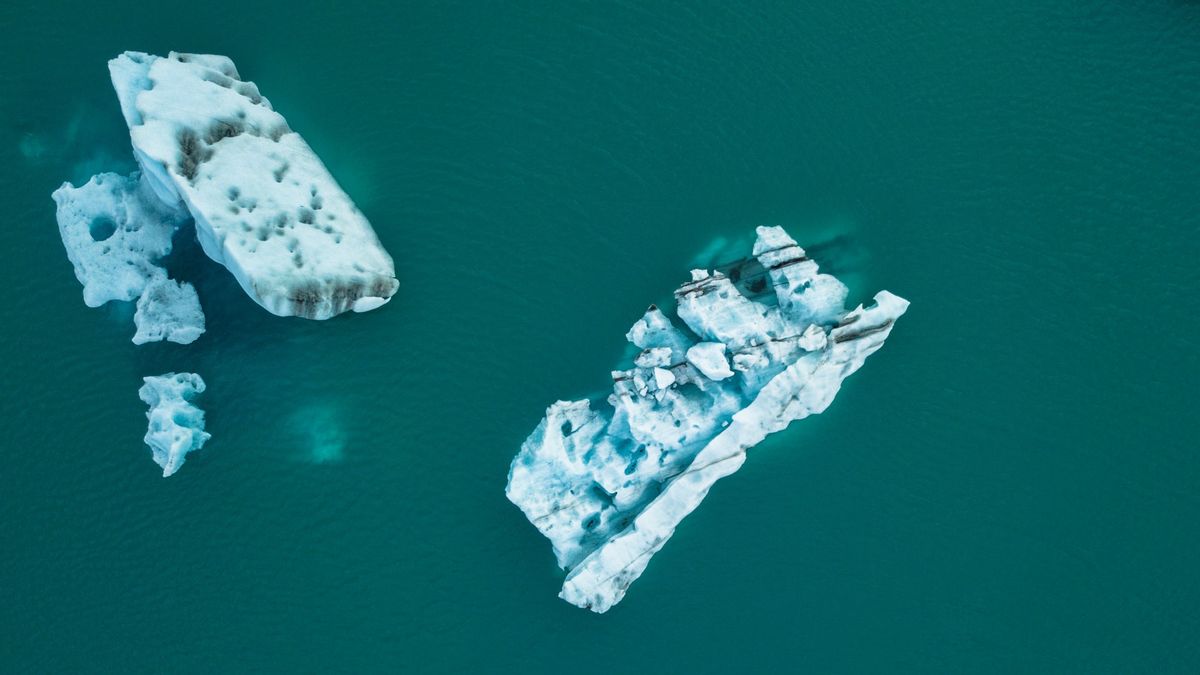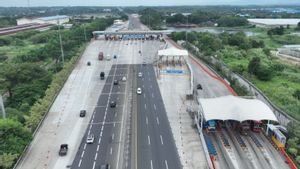JAKARTA - Flash floods caused by torrential rains for days in South Korea claimed 13 lives. In addition, 13 people were missing and a thousand others were displaced.
Reported by Reuters on Tuesday, August 4, the victims were thought to have died because of landslides and swept away by the swift floods. They were so violent, the floods inundated 5,751 hectares of agricultural land and cut off access to a number of major roads and bridges in Seoul.
For this incident, President Moon Jae-in immediately scheduled an emergency meeting. The President instructed regional governments to make all out efforts to prevent the increase in casualties.
An investigation was carried out regarding this disaster. Experts at the Korea Meteorological Administration (KMA) said, if traced, the heavy rain that hit South Korea (South Korea) for several days was likely the impact of global warming. Melting Arctic ice, experts say, has pushed cold air currents into East Asia.
Just found out about the floods taking place in South Korea. Many people have gone missing / died. May God be with you all, hope everyone is safe. Prayers from India. pic.twitter.com/YNx4phqHic
- Nayantara Ghosh (@AuthorNayantara) August 3, 2020
"Climate change in the Arctic and Siberia is causing rain to fall in East Asia, including South Korea, like a butterfly effect," a KMA official told The Korea Herrald.
Not only KMA. Geography professor at Konkuk University, Lee Seung-ho also revealed the same thing. "The Arctic is melting, narrowing the temperature gap between the North Pole and the midline, and finally triggering cold waves to flow down mid-latitudes."
“Meanwhile, when the high pressure weakens, the seasonal rains cannot move north and are stuck in the central region of the Korean Peninsula. The fundamental reason behind all this is global warming, "he concluded.
The English, Chinese, Japanese, Arabic, and French versions are automatically generated by the AI. So there may still be inaccuracies in translating, please always see Indonesian as our main language. (system supported by DigitalSiber.id)













